Have you ever heard someone say, “I don’t like board games” or, “I can never sit through those long, complicated games”? It’s not uncommon for people to have some resistance to the idea of playing board games, especially if they’ve had a negative experience in the past—whether due to complex rules, long playtimes, or simply a lack of interest in the format. However, not all board games are made the same, and there are plenty of fantastic options out there that can win over even the most reluctant players. In this article, we’ll dive into 12 of the best board games for people who don’t like board games. These titles are designed with simplicity, fun, and short durations in mind. They require minimal setup and are interactive enough to keep everyone involved. Some games are even perfect for people who prefer more social, casual experiences over strategy-heavy ones. Let’s explore these games and why they might just change your mind about board games for good!
The Best Board Games for People Who Don’t Like Board Games
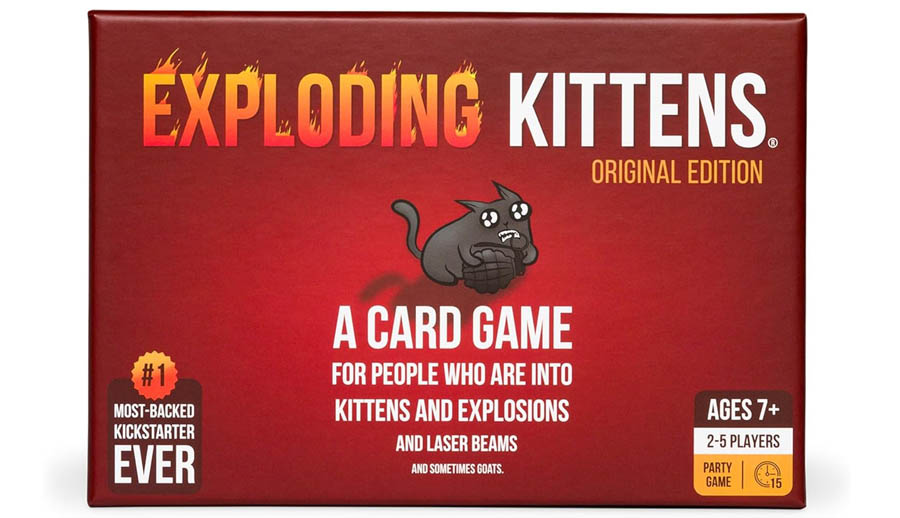
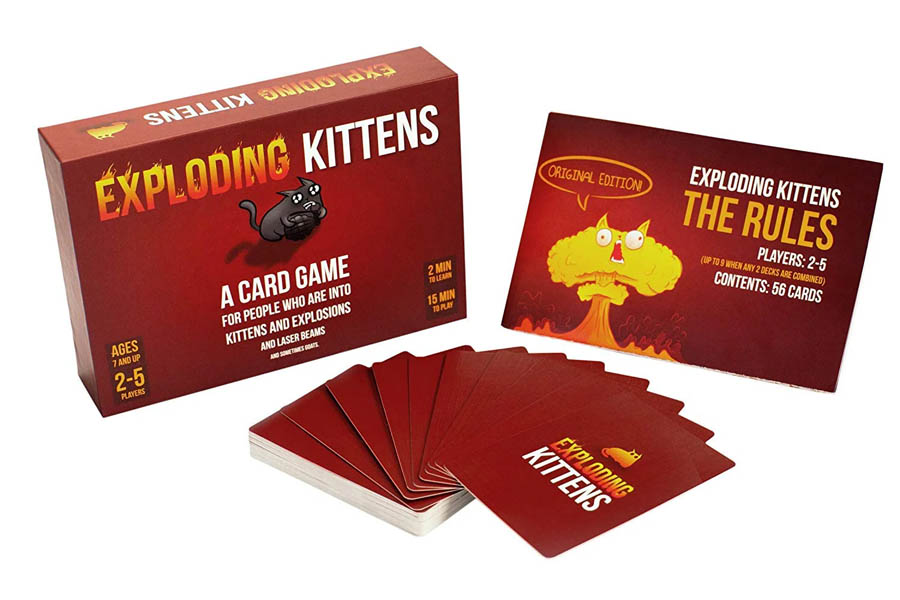
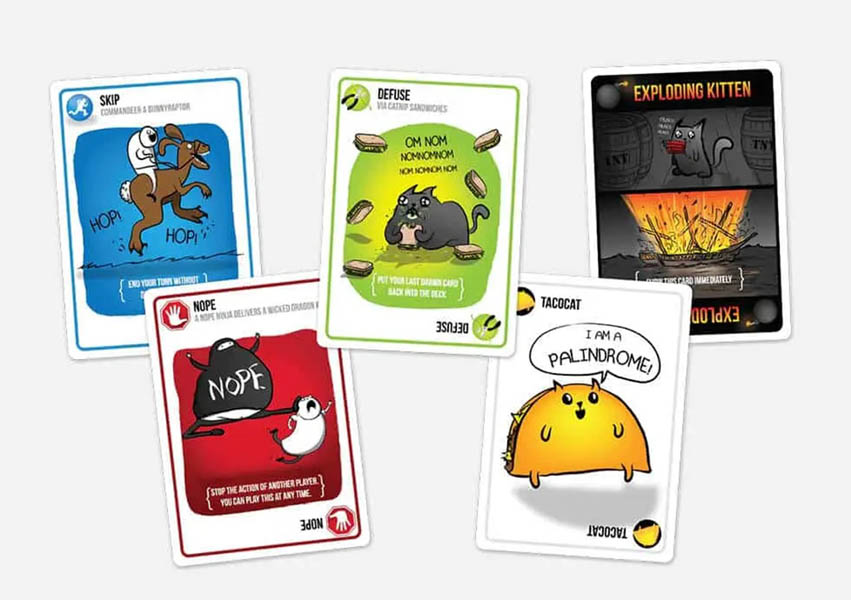
1. Exploding Kittens – A Simple, Quick Game with Explosive Fun
Exploding Kittens is a game that’s perfect for those who shy away from the complexities of traditional board games. The concept is straightforward: players take turns drawing cards until someone draws an “Exploding Kitten” card and loses the game—unless they have a defuse card to save themselves. It’s a quick, fast-paced game that anyone can understand in just a few minutes.
What makes this game especially appealing to those who don’t like board games is its simplicity. No complicated strategies, no need to memorize rules, and no hours of gameplay. The humor, fun illustrations, and quirky cards keep players engaged without the pressure of complicated moves or gameplay. Plus, it takes around 15-20 minutes to play a round, so it’s easy to pick up and put down between conversations or snacks.
Tips for introducing to reluctant players: The game’s straightforward rules make it perfect for beginners. You can easily explain the concept in one sentence, and you won’t need to worry about long explanations. Plus, its lighthearted tone makes it feel more like an activity than a “game night.”
2. Codenames – A Word Game with Strategic Fun
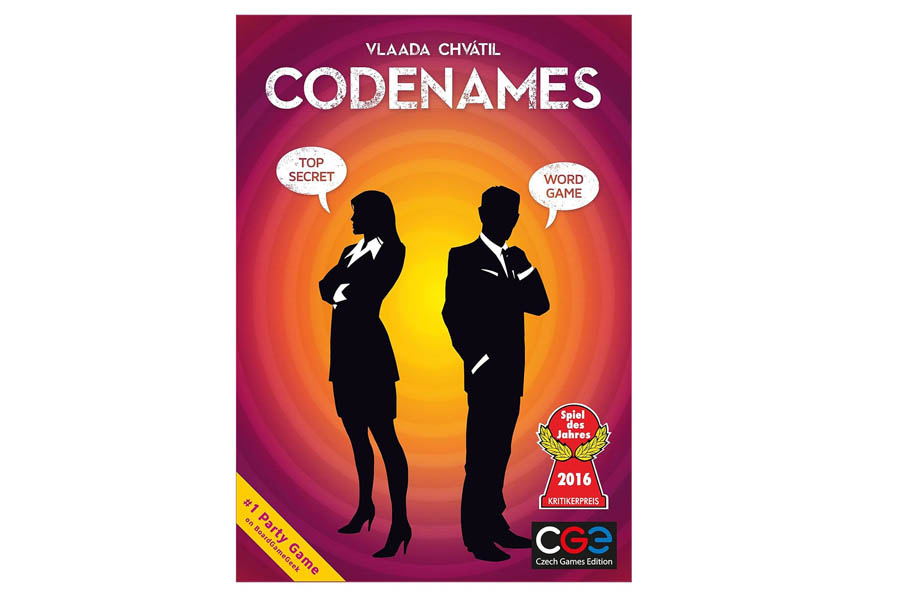
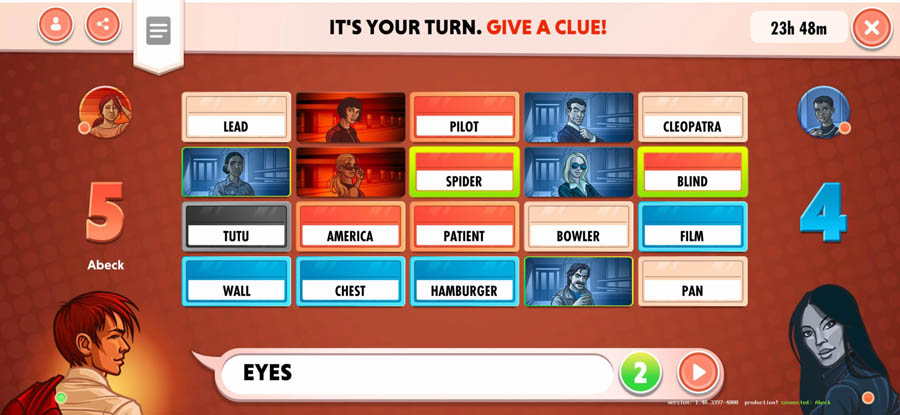
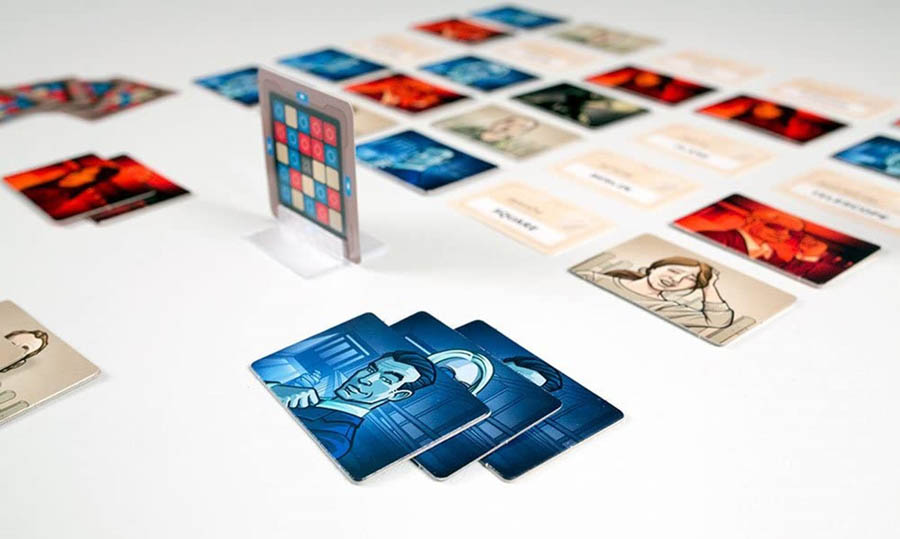
For people who enjoy casual social interaction without being bogged down by tedious rules, Codenames are a fantastic choice among the best board games for people who don’t like board games. This is a word game where two teams compete to guess words based on one-word clues given by their spymaster. The goal is to uncover your team’s secret agents while avoiding those belonging to the enemy team or—worse—an assassin.
Codenames offer just the right mix of strategy and simplicity. While there’s some thinking involved in crafting the right clues, the game is still accessible to people who aren’t familiar with board games. The game doesn’t require deep knowledge or long instructions, making it easy to dive into after a quick explanation. The fun arises from creative thinking and working with teammates to uncover hidden words.
Why it works for non-gamers: Codenames are engaging without being overwhelming. It allows players to focus on the fun of communication, rather than dealing with complex mechanics. The ability to play in teams ensures that no one feels left out.
3. Dixit – Imagination at Its Best
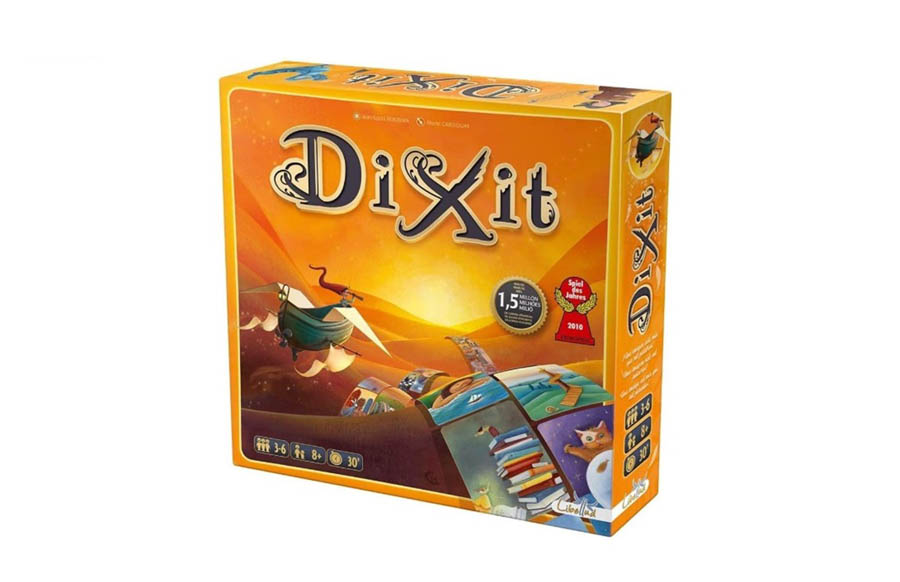
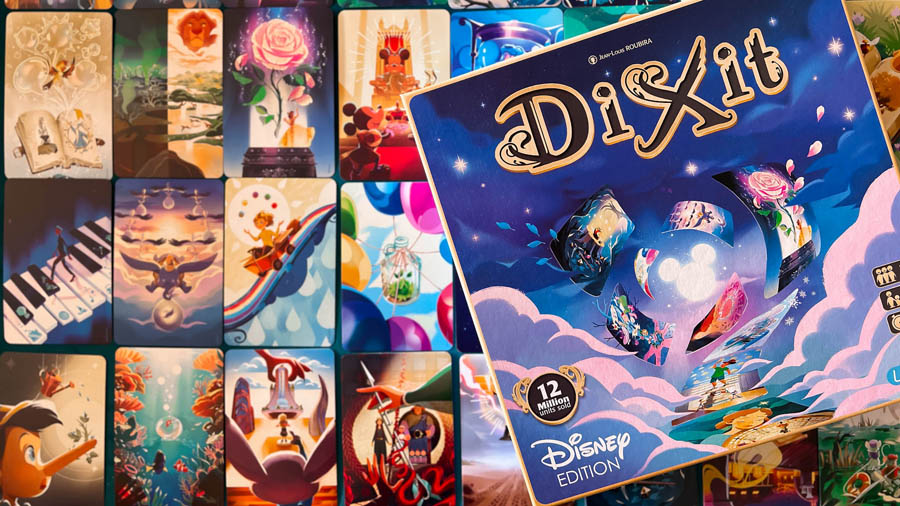
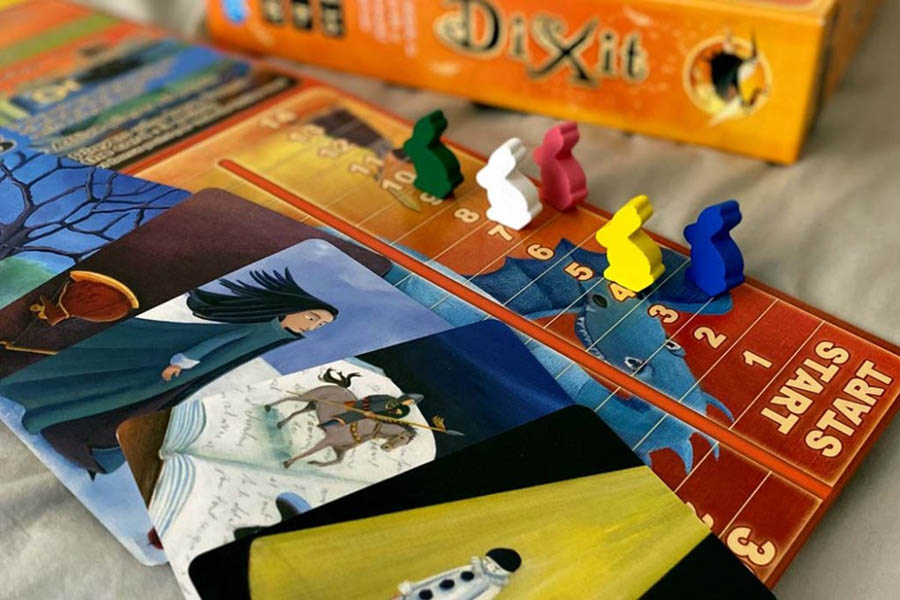
If you want to introduce a bit of creativity into your board game experience, Dixit is the way to go. In this game, players are given a set of beautifully illustrated cards, and one player selects a card to describe with a phrase, word, or sentence. The other players then try to guess which card was the original one. The catch is, that the clue must be vague enough to prevent everyone from guessing correctly.
Dixit’s charm lies in its ability to appeal to non-gamers by removing the traditional competitive pressure. Instead of focusing on rules or strategy, players are encouraged to use their imaginations and interpret the whimsical illustrations. It’s a light-hearted, casual game where the fun comes from seeing how others think and interpret things.
Tips for introducing to reluctant players: Dixit works especially well in a relaxed, low-pressure environment. Since the game focuses on storytelling and creativity, you don’t need a highly competitive mindset to enjoy it. Simply explaining that the goal is to have fun and be creative helps put new players at ease.
4. Just One – A Cooperative Word Game for Beginners
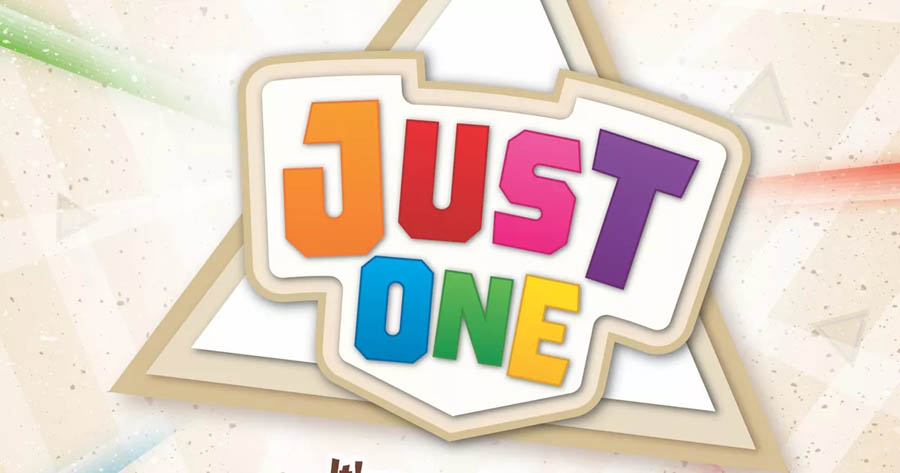
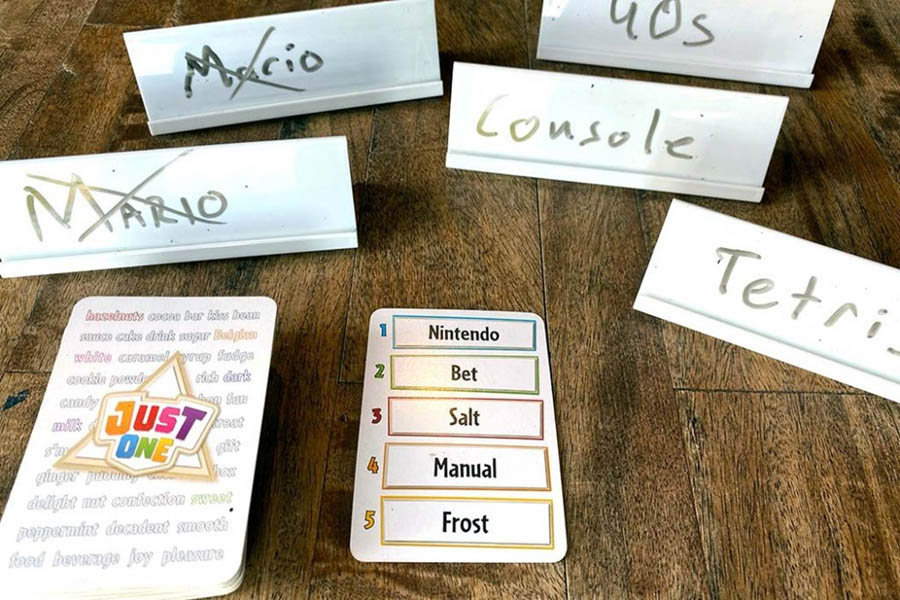
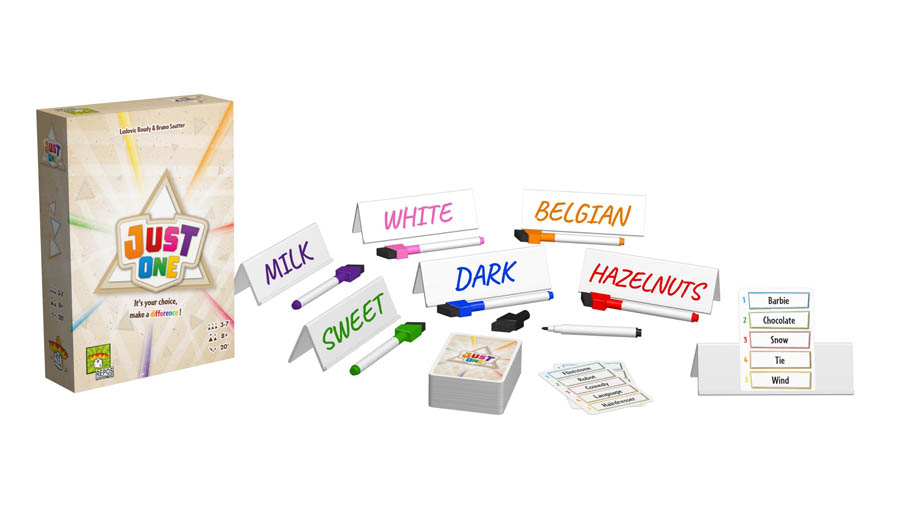
If you’ve got a group that enjoys wordplay but doesn’t want anything too complex out of the best board games for people who don’t like board games, Just One is a great option. This cooperative game challenges players to give one-word clues to help a teammate guess a secret word. But here’s the twist: if two or more players give the same clue, it gets erased, making the guessing even trickier.
What’s fantastic about Just One is that it’s incredibly simple to learn and play. There’s no complicated setup, and the game can be completed in around 20 minutes. It’s a great way to break the ice and get everyone interacting. The cooperative nature also ensures that players don’t feel the pressure of competition, making it ideal for casual game nights.
Why non-gamers will love it: The game is designed to be non-competitive, which takes away the intimidation factor. Its simplicity and teamwork aspects make it perfect for beginners, allowing players to focus on having fun rather than mastering rules.
5. Telestrations – A Hilarious Game of Drawing and Guessing
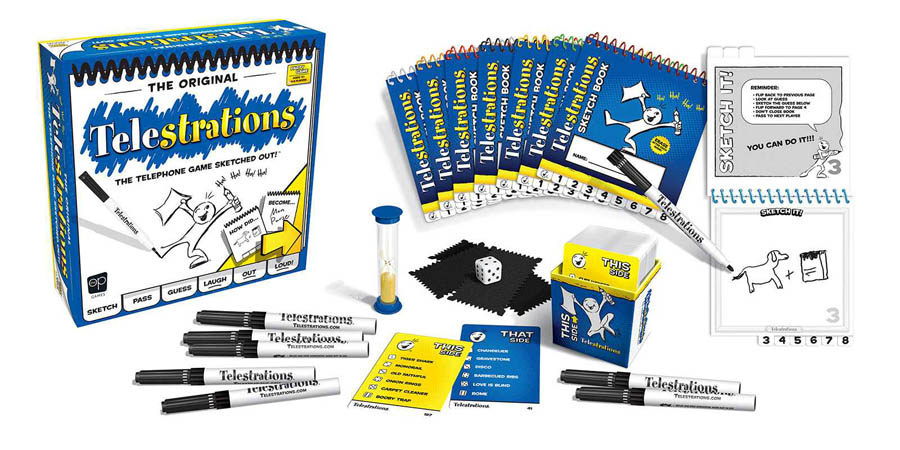
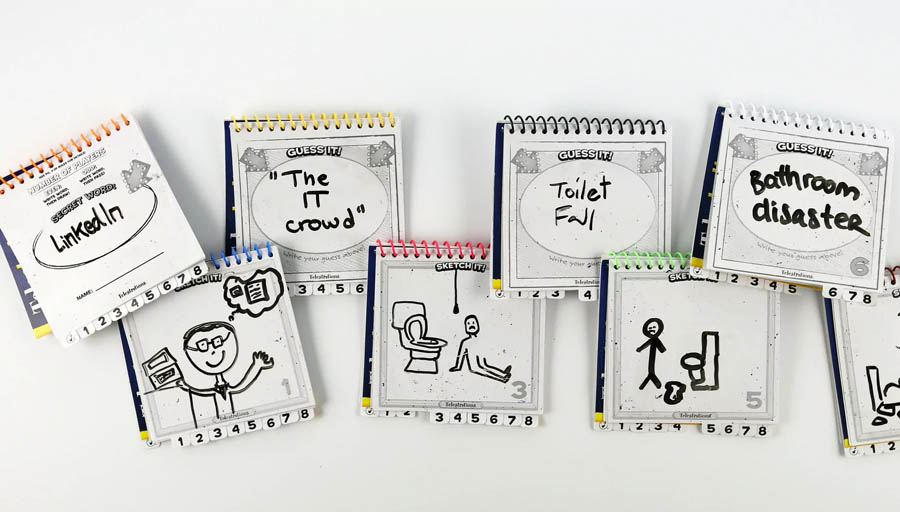

If only you have played the childhood game that now is known as the telephone, then Telestrations would definitely be the right game for you. This game unites drawing as well as riddle and in turn, participants switch between drawing something that everyone has to guess and guessing from the drawn images. While the fun is in the intentional wrong word submissions, most of the time, players end up making hilarious misinterpretations of the actual word used.
Telestrations are not complicated to play at all, it takes virtually no time to set up and anyone can understand the rules. Painting abilities are not a requirement; in fact, the only thing that will be used is one’s sense of humor. Also, as with any other Mario game, the game supports 8 players, making it ideal for parties.
Tips for introducing reluctant players: Naturally, one of the greatest charms of Telestrations is that each of the players has his or her chance to perform. The game itself isn’t so much about proficiency in drawing as it is about enjoying oneself, which makes it as approachable as can be.
6. Qwirkle – Strategy with Simplicity
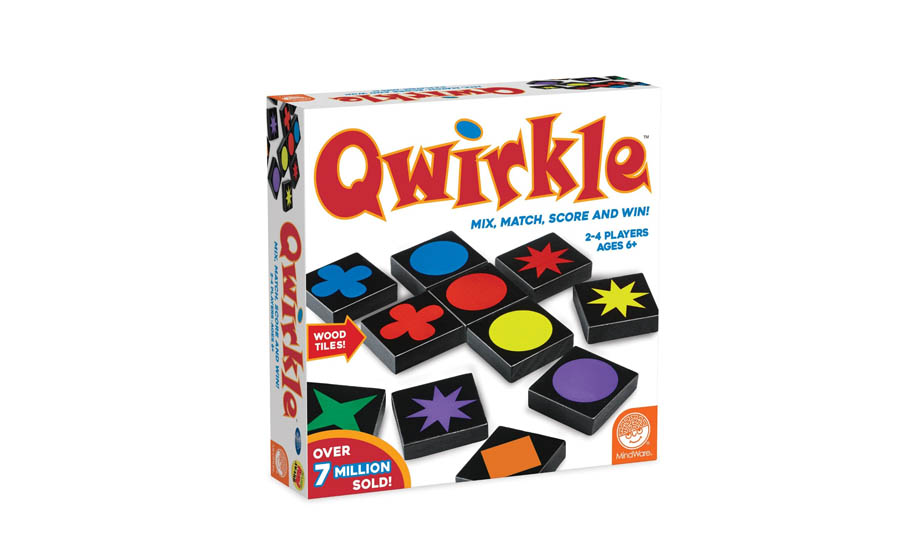
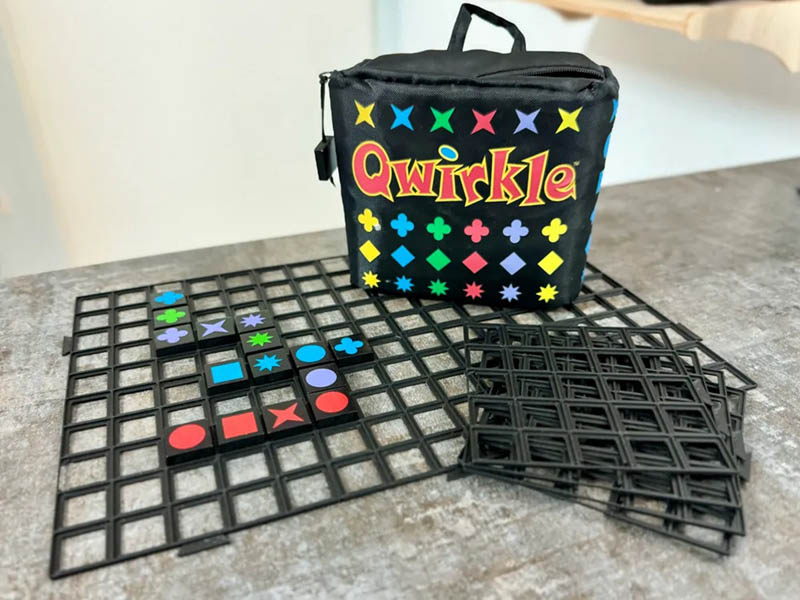

Qwirkle is one of the exclusive games that appear to fall on the Nazca line of game design – simplistic yet complex in the number of the best board games for people who don’t like board games. Two or more players move turns to place the tiles with various shapes and colors on the board to have similar shapes and colors as those on the board. It is easy to understand but provides an adequate level of strategy to make the whole game exciting. It’s rather combinations and strategy of the game, the player focuses on that.
The reason it is entertaining to people who are not into playing video games is that the huge rules characteristic of any video game are absent and the time played is also reduced. In essence, it’s as basic as matching colors and shapes so that anyone can play it but the strategy involved is a little more complicated when choosing what to combine to get the best score possible.
Why it works for non-gamers: Qwirkle is a perfect option for beginners of board games but is now thirsty for more than cards can offer. It is perfectly clear for all interactive members to remember but is not so obvious and conventional to lose interest.
7. Sushi Go! – A Fun, Fast-Paced Card Game
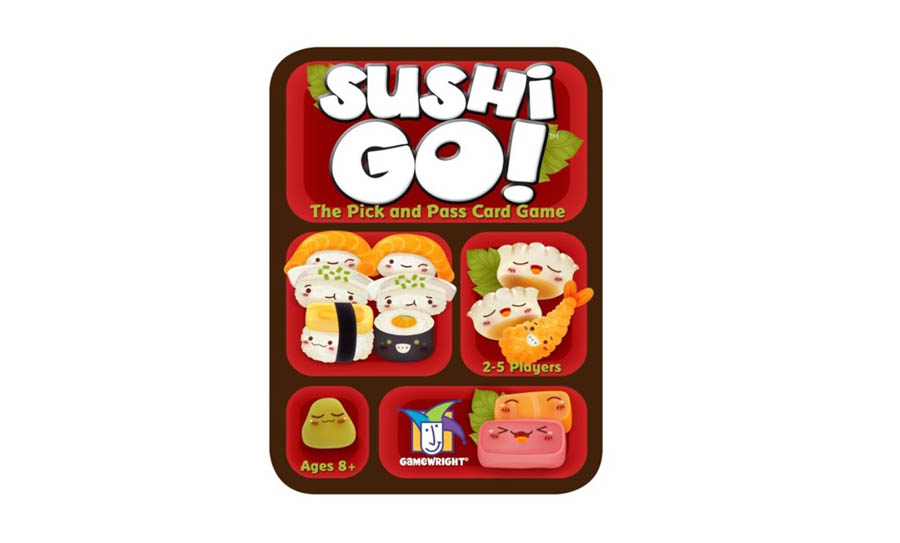
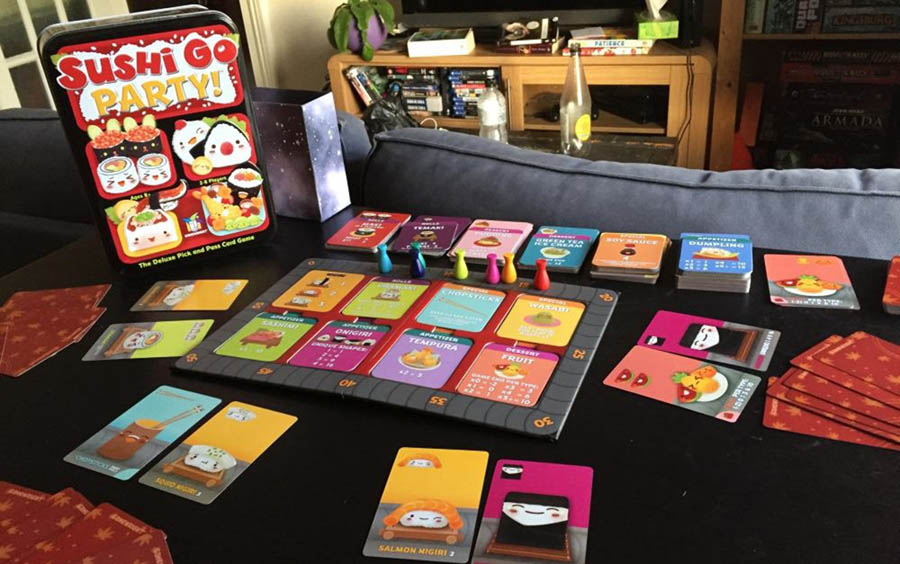

If you’re looking for a light and fast-paced card game, Sushi Go! is the way to go. This quick game involves picking the best sushi dishes to build a winning meal, with players drafting cards each turn. The goal is to score points by collecting different combinations of sushi dishes. The game’s simplicity makes it incredibly easy for newcomers to pick up in just a few minutes.
With its quick gameplay and easy-to-understand mechanics, Sushi Go! is a fantastic way to introduce people to board games without overwhelming them. It’s fun, fast, and perfect for casual gatherings.
Tips for introducing to reluctant players: Since rounds are quick, players don’t have to worry about long, drawn-out turns. The game is over in 20 minutes, which keeps the energy high and the mood light.
8. Wavelength – A Social Guessing Game
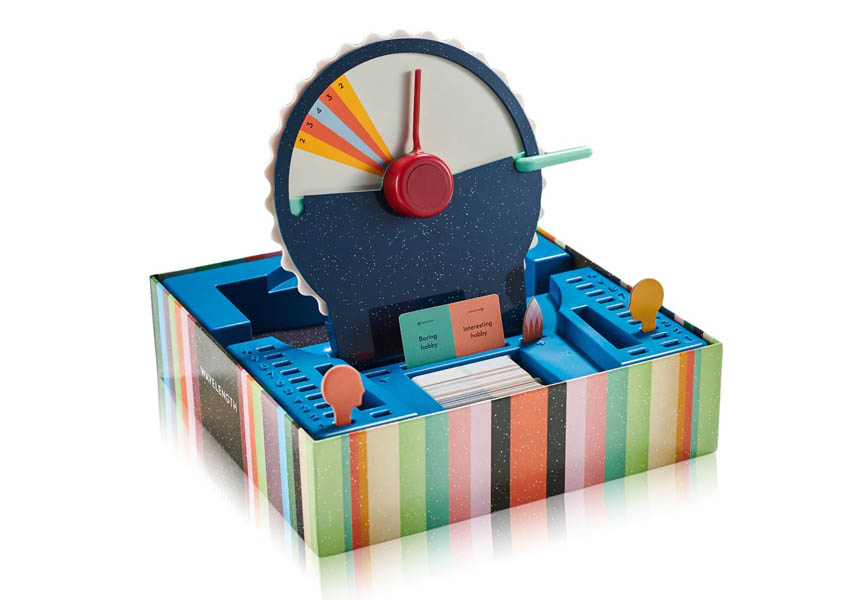
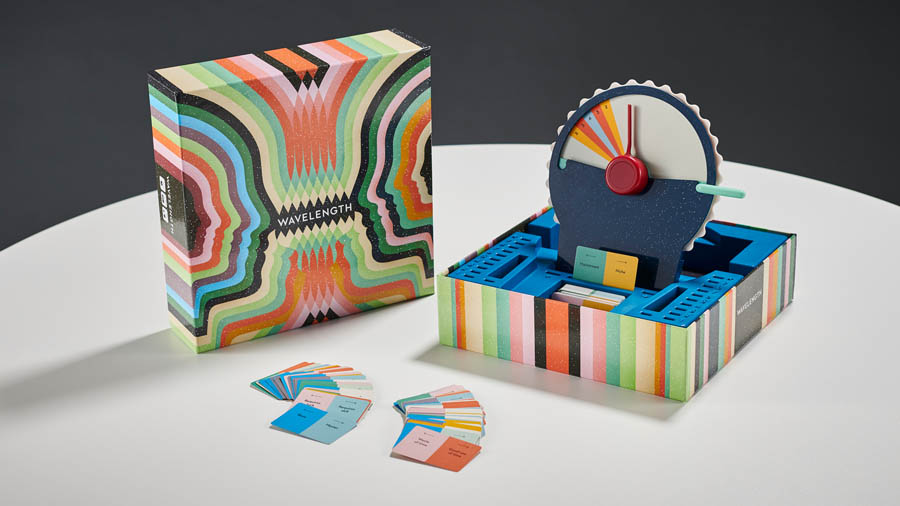
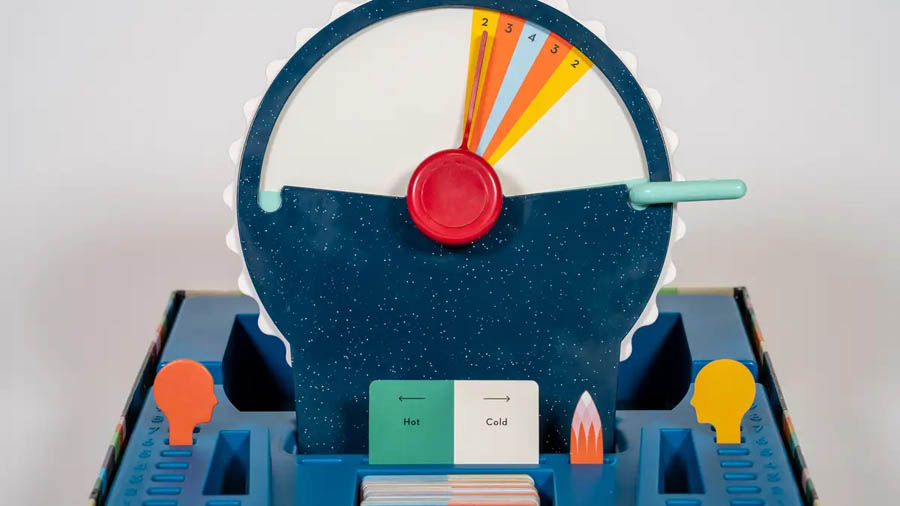
Wavelength is one of those games that brings people together through conversation in the group of the best board games for people who don’t like board games. Players take turns giving clues about where they think a target lies on a spectrum between two opposing concepts. For example, you might be asked to guess where a particular movie lies on a scale from “scary” to “funny.”
This game is a perfect fit for non-gamers because it emphasizes social interaction over strategy. It’s easy to learn, with minimal setup, and the guessing mechanics keep everyone engaged. The game also provides a good balance of competition and fun.
Why it works for non-gamers: The game revolves around interpreting clues and understanding others’ thought processes, which is more about having fun with friends than outwitting your opponents. It’s a perfect choice for people who enjoy social games without heavy competition.
9. Azul – A Tile-Laying Game with a Beautiful Twist
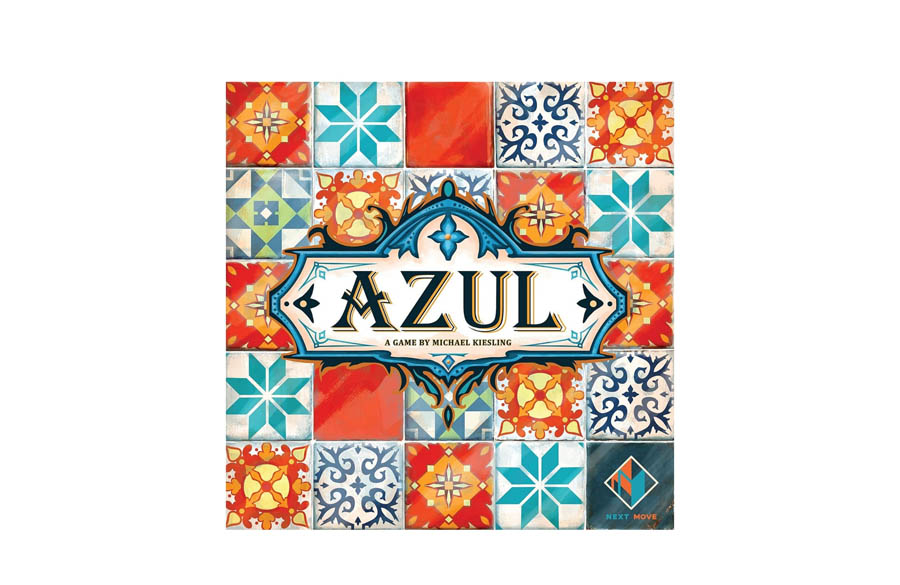
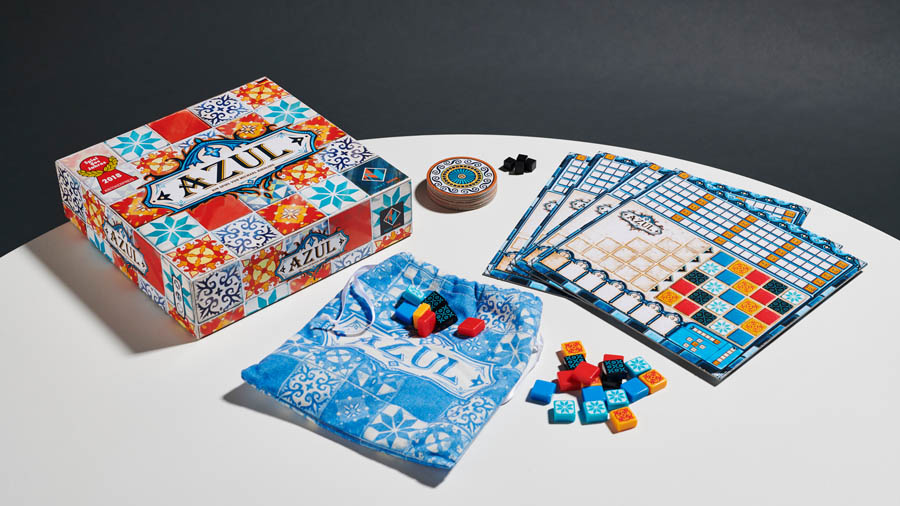

In Azul, players turn by turn choose colorful tiles from a central layout and place the chosen ones on their own layout to fill given patterns and acquire points. Overall, the graphics are pretty appealing, and the game mechanics are soothing and engaging while still being challenging enough to keep players entertained if they’re trying too hard in the right ways.
It’s good for beginners since the learning curve is quite short, but it is still challenging enough that the players will not get bored after one round. The rules are as follows: Every move does not take a lot of time and the game can be easily played in parts making it suitable even if you only find time a few minutes at a time.
Why it works for non-gamers: Minimalism of the game, and the joy of physically handling pieces such as tiles, make Azul suitable for players who are more of a visual type or are not as familiar with games on a board. Every round is new except for the match type, and the graphics are beautiful enough to attract everyone and turn the game into pleasure instead of a nasty drill.
10. King of Tokyo – Monster Mayhem in the City
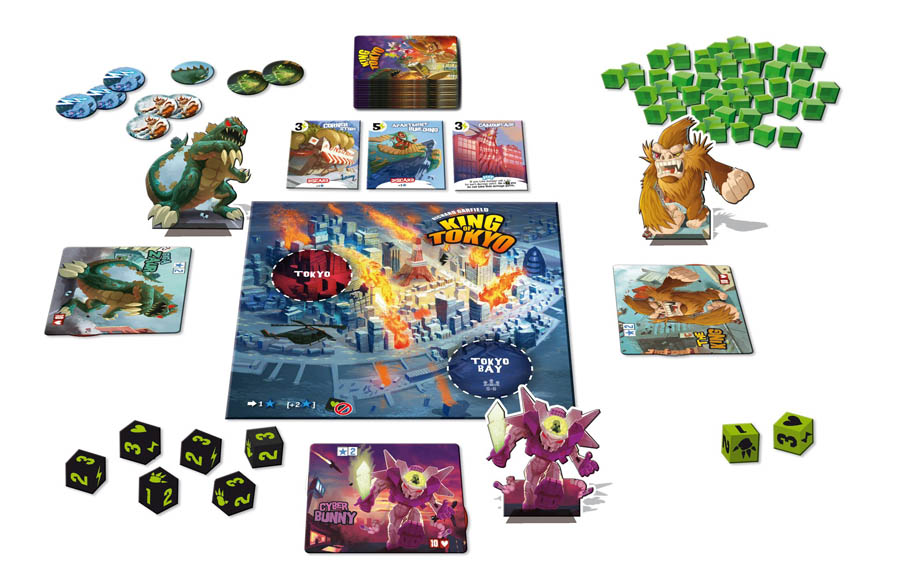
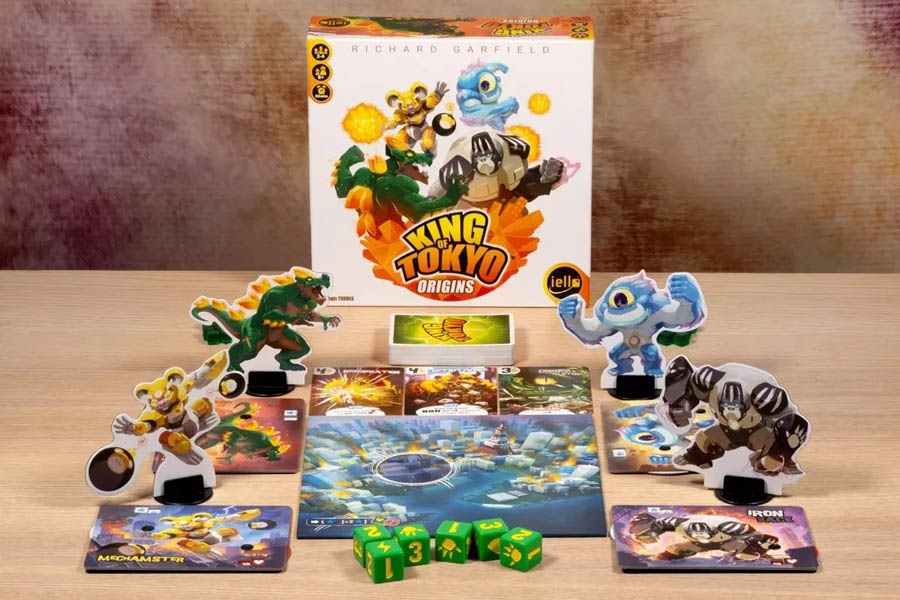
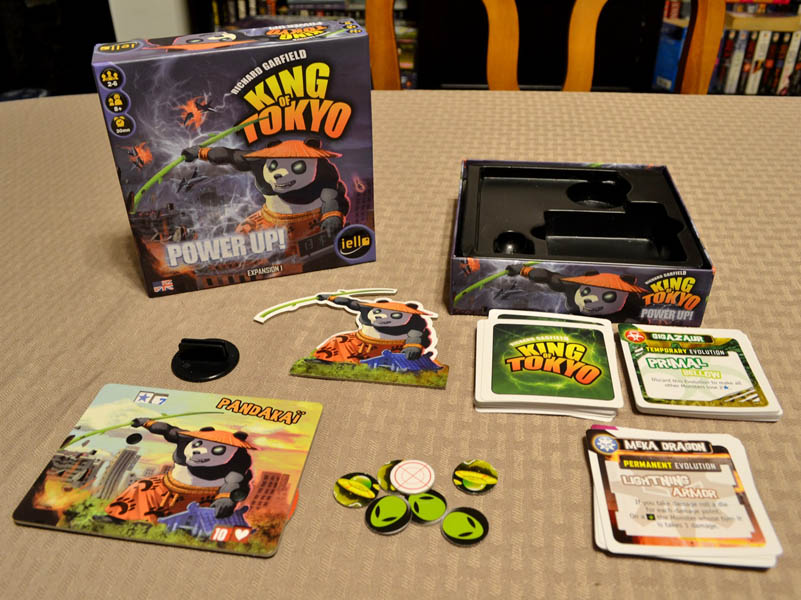
Talk about a game that unleashes your inner kid in the world of the best board games for people who don’t like board games —King of Tokyo has players take on the roles of giant monsters battling it out for supremacy in Tokyo. Using dice, players can attack each other, heal, or garner victory points as they try to dominate the city. It’s a colorful, engaging game filled with strategic decisions that feel more like a fun-filled movie night than a board game session.
King of Tokyo is easy to learn but provides tactical depth. The rules are simple enough for players who might be hesitant about board games, and the luck of the dice keeps the game unpredictable and thrilling. Plus, who doesn’t love the idea of rolling dice to smash buildings and outsmarting fellow monsters?
Why it works for non-gamers: The lively theme and quick gameplay—typically around 30 minutes—make it appealing, even for those who typically shy away from strategic games. We love the laughter that erupts when someone loudly declares they’ll “destroy Tokyo!” It’s a perfect game for a lively gathering.
11. Pandemic – Cooperative Strategy Without the Competition
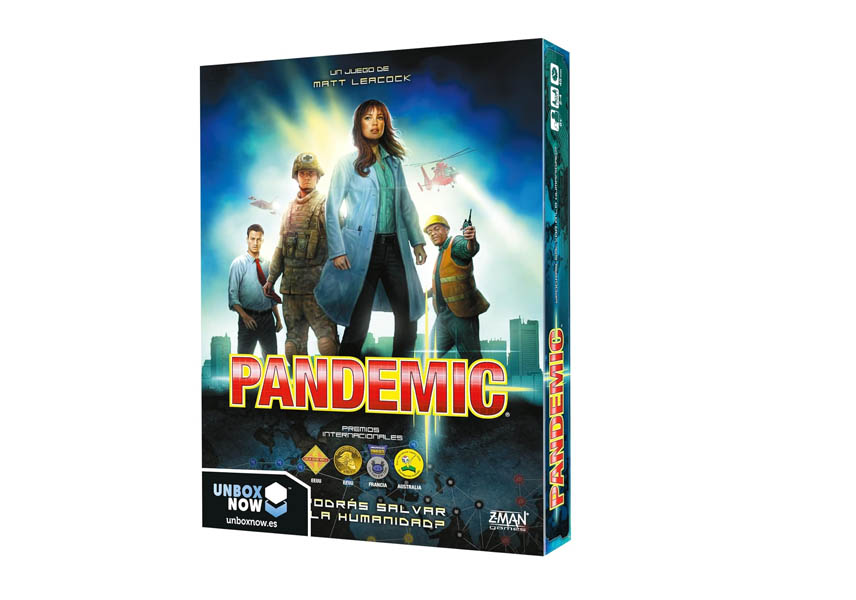
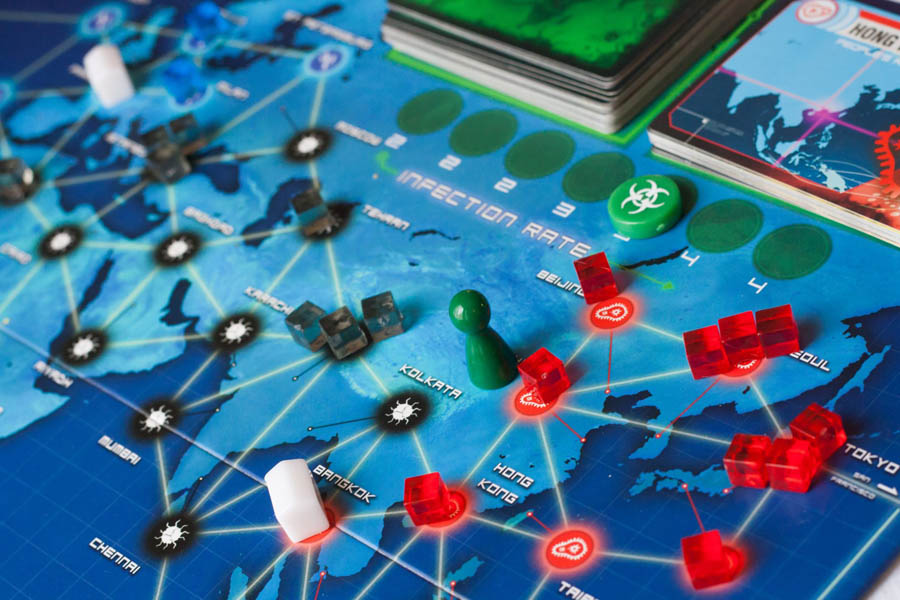
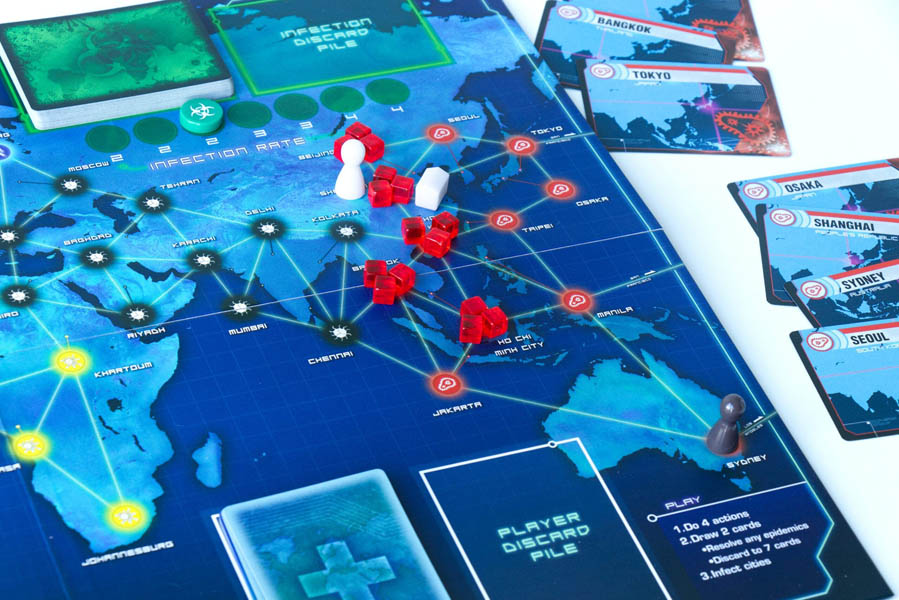
Even if some of us might dislike board games, it’s hard to resist the allure of the Pandemic. Players work together as a team, each taking on different roles to combat outbreaks of diseases across the globe. The goal is simple: collaborate and strategize to find cures before it’s too late. This cooperative aspect fosters a sense of camaraderie among players.
What sets Pandemic apart is its engaging mechanics without traditional competition. We find ourselves focused not only on the gameplay but also on our communication and collective strategy. Every session feels like we’re part of a high-stakes mission, making it thrilling and rewarding.
Why it works for non-gamers: The cooperative gameplay removes the pressure of direct competition, making it accessible even to those wary of traditional board game dynamics. The straightforward rules paired with strategic depth keep everyone involved and invested in the outcome.
12. Rhino Hero – A Fun, Stacking Game for All Ages
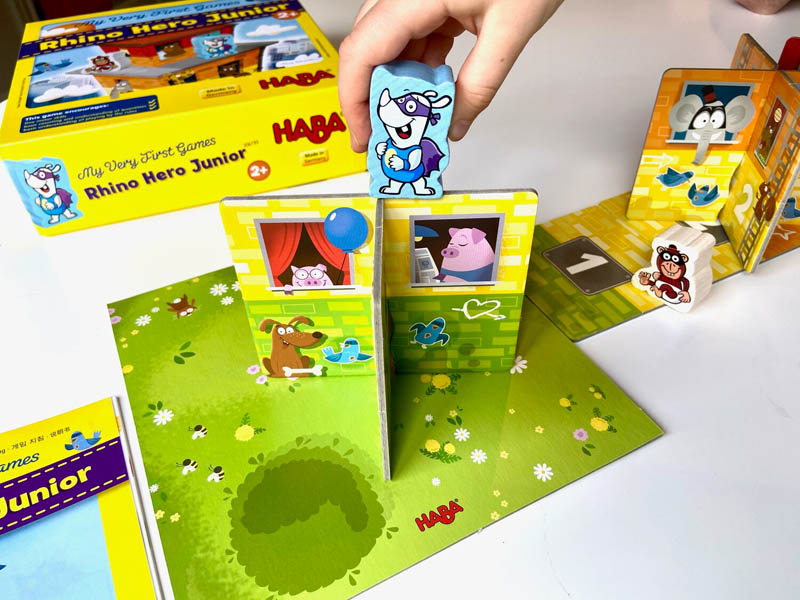
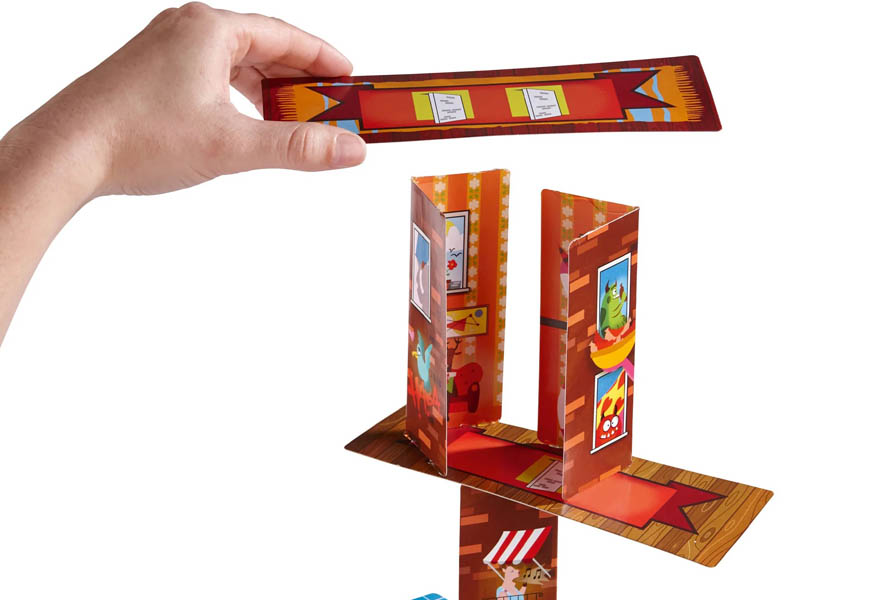
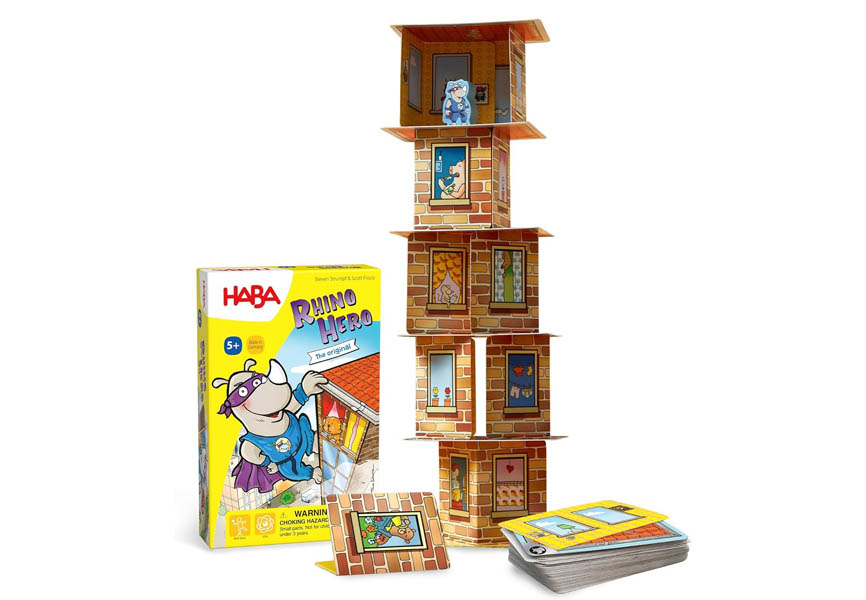
If you’re looking for something that captures the imagination, Rhino Hero is the answer! This delightful game involves stacking cards to create a skyscraper while trying not to let it topple over. Players take turns placing walls and moving the Rhino Hero around the building, and the person who manages to get the tallest building without it falling wins.
Rhino Hero’s charm lies in its simple mechanics and engaging theme. Children and adults alike find themselves drawn to the fun challenge of balancing cards. The game facilitates laughter and excitement, making it a great option for parties or family game nights.
Why it works for non-gamers: With easy rules and relatively short playtime (about 20-30 minutes), this game promotes inclusive fun, allowing even the most reluctant players to enjoy the experience. The tactile element of stacking cards adds an exciting physical engagement, ensuring a lively evening.
Conclusion
Discovering the best board games for people who don’t like board games can significantly enhance our gatherings. By choosing games that prioritize simplicity, engagement, and fun, we can create a welcoming atmosphere for everyone, regardless of their gaming experience. The twelve games we’ve explored, from Exploding Kittens to Rhino Hero, offer a delightful variety of options that turn reluctant players into enthusiastic participants. Let’s not forget the importance of community and connection that board games can foster. By carefully selecting games that resonate with our friends and family, we open the door to laughter, creativity, and memorable moments. So, the next time someone says they don’t like board games, invite them to try one of these engaging options—it just might change their perspective!
What are some effective ways to introduce board games to a reluctant player?
Start with light, easy-to-understand games that align with their interests. Explain the rules simply, create a relaxed atmosphere and encourage practice rounds to build confidence.
Are there board games suitable for very large groups?
Yes! Games like Codenames: and Telestrations can accommodate larger numbers, making them ideal for social gatherings where everyone wants to participate.
How important is a theme in a board game for reluctant players?
Themes can significantly enhance engagement, as they resonate emotionally and make gameplay feel less like a chore. Fun and relatable themes can help sway even the most hesitant participants!













